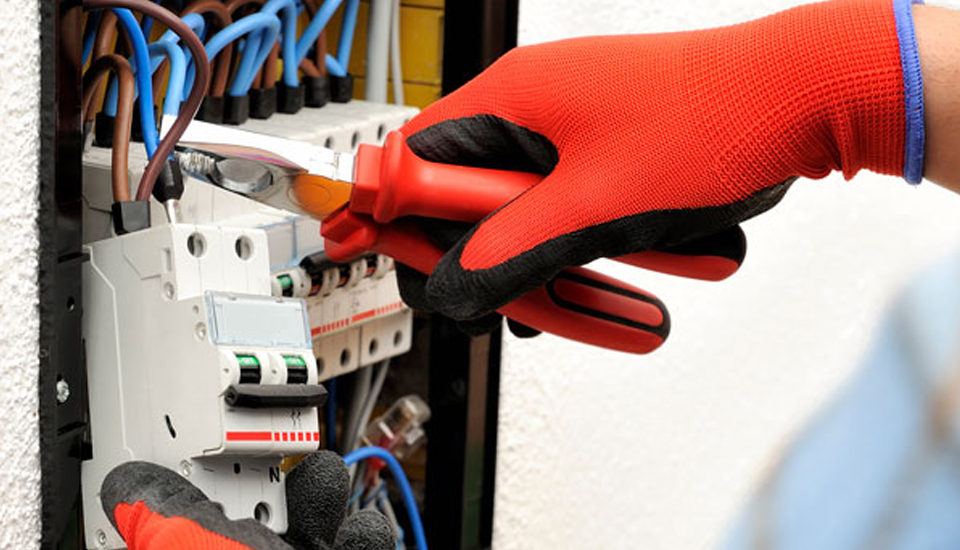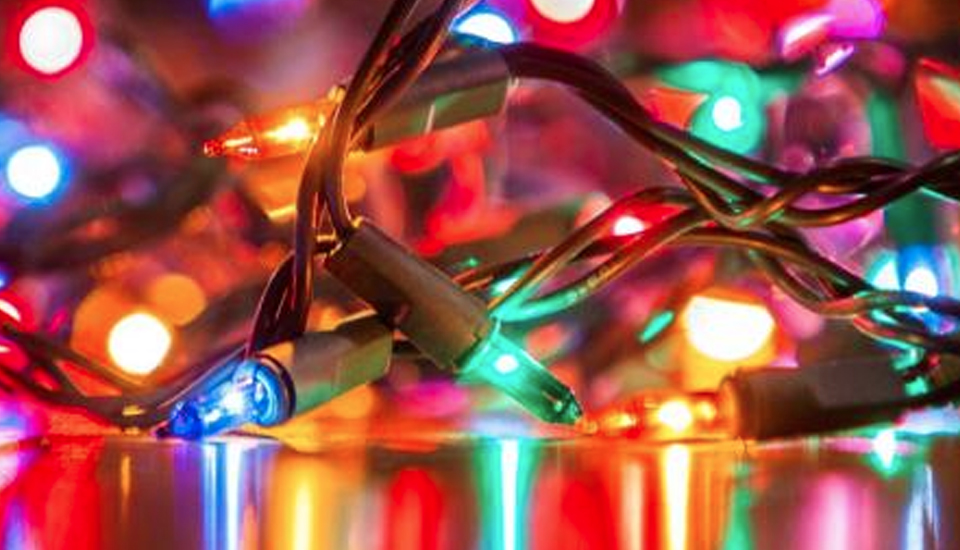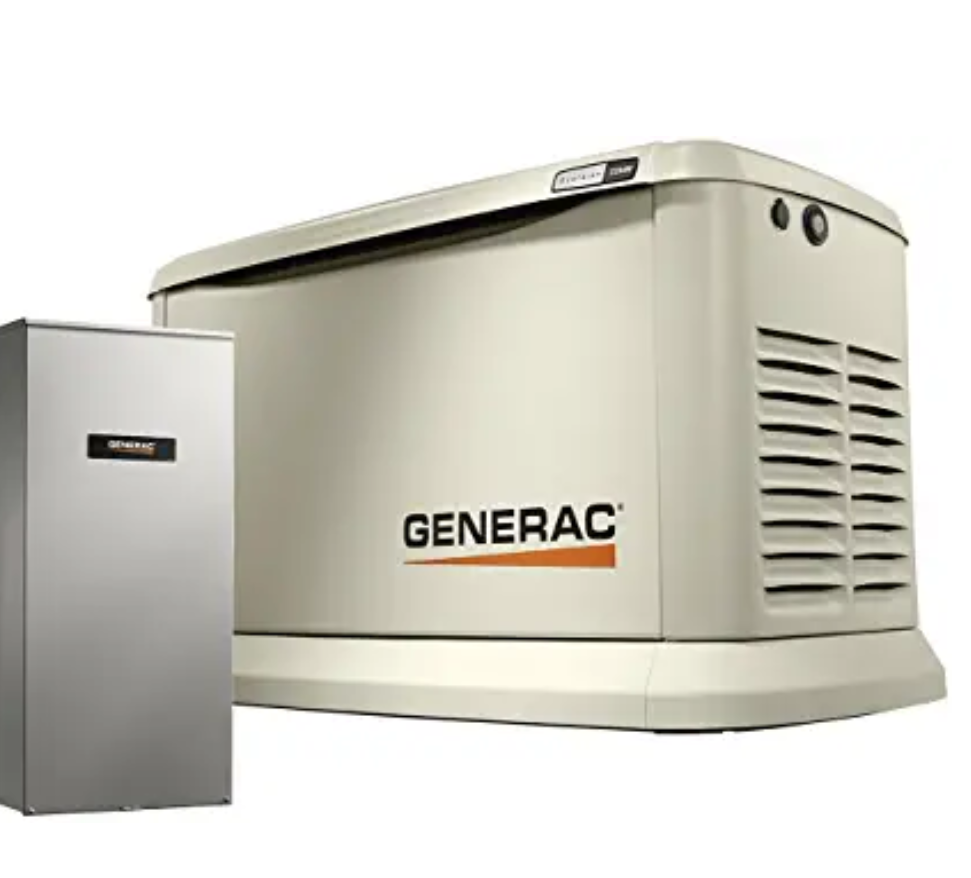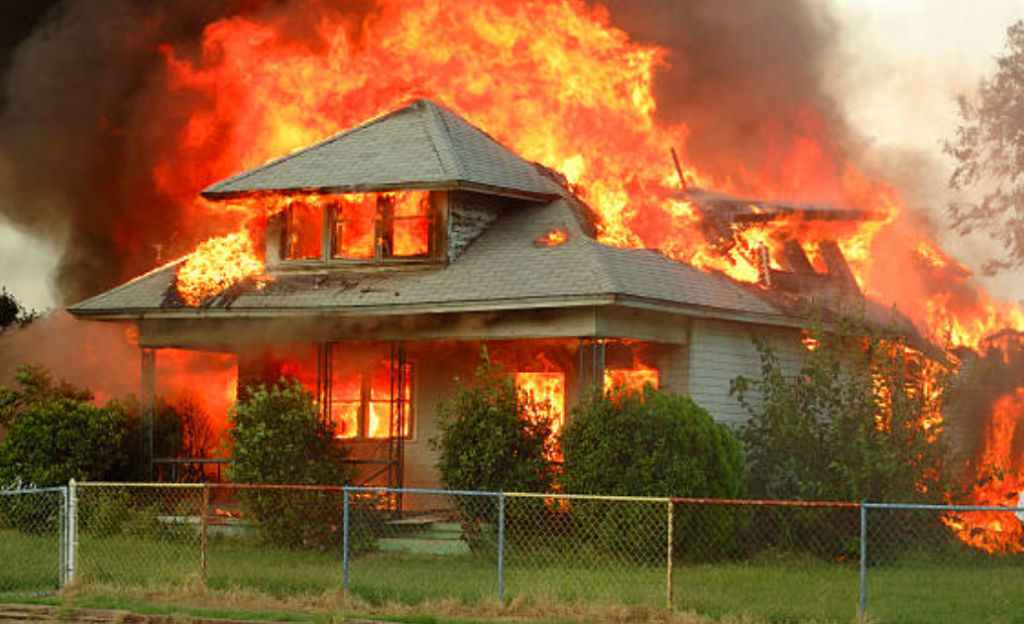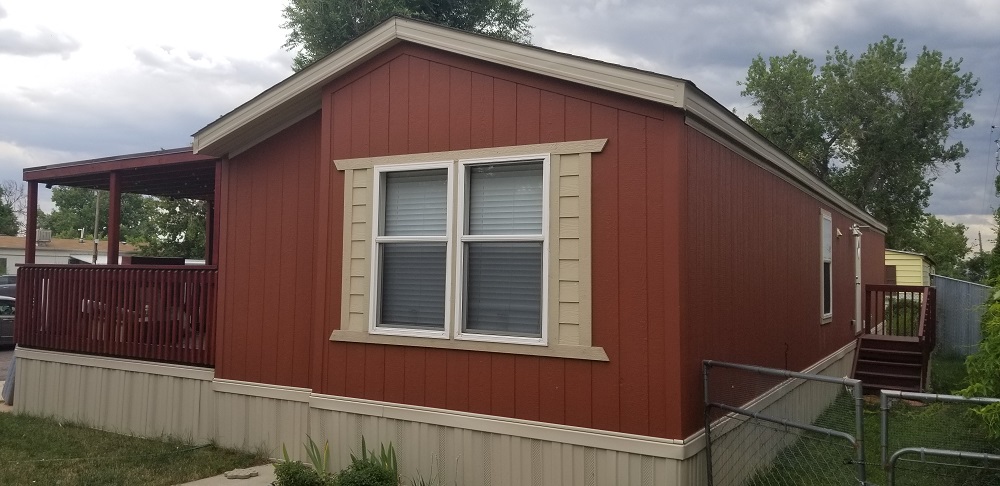
Did you know that there are common mobile home electrical problems? When it comes to electrical systems, both mobile homes and site-built homes do not vary that much in terms of codes and parts used. In short, locating wires and troubleshooting problems may not be that much of a challenge. These days, mobile homes are even considered better with regards to adhering to standard regulations versus conventional homes.
Whether you are a Colorado mobile homeowner or you are residing somewhere else in Denver, electrical issues should not take a lot of time if you already have an idea of your home’s wiring layout. However, as these are dangerous repairs to deal with, taking safety precautions is necessary. Always remember that if you do not feel comfortable with such a task, you can always call a Denver electrician nearby.
As per history, below is a list of the most common “concerning” mobile home electrical problems (and the FLICKERING LIGHTS. Lights flicker for a lot of possible reasons such as old wiring, overloading, or the bulb is the proper way to deal with them):
simply faulty. The remedy for this is simple; just twist the bulb tightly on the fixture as more often than not flickering lights are just caused by loose light plug. If the flickering persists, try replacing it with a new one and if it still does not address it, then fluctuating voltage most likely is the culprit – something you can only complain about to local power company.
CIRCUIT OVERLOAD. If your circuit breaker keeps tripping, your circuit could have been overloaded. Power outlets in mobile homes are usually fewer than in site-built ones. However, more likely than not, their load demands will still increase over time; this can trigger the potential circuit overload. Although this is almost inevitable, you can still do something to prevent overloading. One of these is conserving your mobile home’s energy by making it a habit to unplug devices that you are not using.
POWER SURGES. Usually caused by lightning, damaged power lines, faulty appliances, or bad electrical wirings, power surges are a type of an electrical problem that necessitates urgent action. Delay of this can badly damage the circuits of your other appliances at home.
Dealing with it is simple; just unplug your appliances the moment you notice a surge even if it only lasted for a few seconds because the moment another surge follows, the electrical components in your home can get damaged. Meanwhile, to prevent future surges, make sure your house is free of cheaply made power boards or devices.
These days, installing a surge protector in a mobile home is already considered a worthy investment.
INCORRECT BULB WATTAGE. This problem sounds so minor that is why a lot of people hardly paid attention until the problem escalated.
Bulb wattage issues arise when a lamp with a higher wattage is installed than recommended, causing the fixture to produce too much heat enough to damage the fixture’s thermal protective device. If left unaddressed for a long time, it can actually increase the chances of fire.
EXPOSED WIRES. Never ever tolerate exposed wires especially if they are bare. If you own a manufactured home in Colorado and want to be spared the hassle and danger of making wire repairs, do not hesitate on calling ElectriCall and get our experts’ help.
POWERLESS OUTLET. An outlet that does not produce power is pressing but you can actually try solving it without a professional’s help. Just reset the breakers in the breaker box, push the handle towards the “off” direction entirely and then pull it back on. This fix usually works.
SAFETY SHOULD BE YOUR TOP PRIORITY. There are times where it will be very tempting to troubleshoot electrical problems in your mobile home. Whenever the urge is there, be reminded of the importance of safety; make it your top priority. If you are confident of your know-how, then go try. Otherwise, calling for professional help is always the best move.
